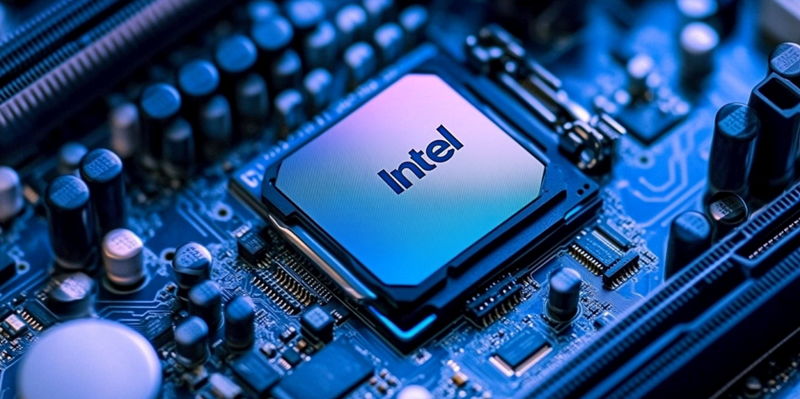Intel’s relationship with TSMC has taken an undeniable turn for the worse following recent comments made by Intel’s CEO, Pat Gelsinger, regarding Taiwan’s geopolitical stability. These remarks included suggestions that companies should not rely solely on a Taiwanese foundry for crucial chip manufacturing needs. Gelsinger’s statements have not only strained TSMC’s business bonds with Intel but have substantially disrupted Intel’s supply chain, forcing the tech giant to pay full price for TSMC’s 3nm wafers after losing out on a significant discount.
Financial and Strategic Ramifications for Intel
The financial implications of this strained relationship are far-reaching for Intel. Essentially, Intel missed a 40% discount on 3nm wafers, leading to a marked increase in production costs. This change drastically impacts Intel’s profit margins, particularly given its reliance on TSMC for the production of desktop and mobile CPUs, including the Core Ultra 200 series and upcoming 200H-series. This scenario marks a pivotal moment in Intel’s history, as it represents the first time the company has depended exclusively on an external competitor in the semiconductor foundry business.
TSMC’s decision to retract the discount can be seen as a direct response to Gelsinger’s comments, which were perceived as negative and dismissive of Taiwan’s stability. TSMC’s founder, Morris Chang, labeled Gelsinger’s remarks as "very discourteous" and criticized him as "a bit cocky." Initially impressed by Gelsinger’s intellect, Chang questioned the feasibility of Gelsinger’s ambition to cultivate a fully integrated semiconductor supply chain in the United States. This tension between the two tech giants illustrates a classic clash of business strategies and geopolitical considerations.
The Impact of Geopolitical Discourse on Business Partnerships
Intel’s partnership with TSMC has deteriorated significantly after recent comments made by Intel’s CEO, Pat Gelsinger, about Taiwan’s geopolitical stability. Gelsinger suggested companies should not depend entirely on a Taiwanese foundry for essential chip production. These statements have not only strained TSMC’s business relationship with Intel but have also significantly disrupted Intel’s supply chain. As a consequence, Intel is now compelled to pay full price for TSMC’s 3nm wafers, missing out on a previously significant discount. This development is particularly impactful given the importance of advanced chips for Intel’s competitive edge in the tech industry and its broader strategic plans. The rift between the two companies underscores the delicate nature of global supply chains and the intricate web of dependencies that major tech giants navigate. Intel’s comments and the subsequent fallout reflect broader uncertainties in the tech industry regarding geopolitical stability and supply chain resilience.

